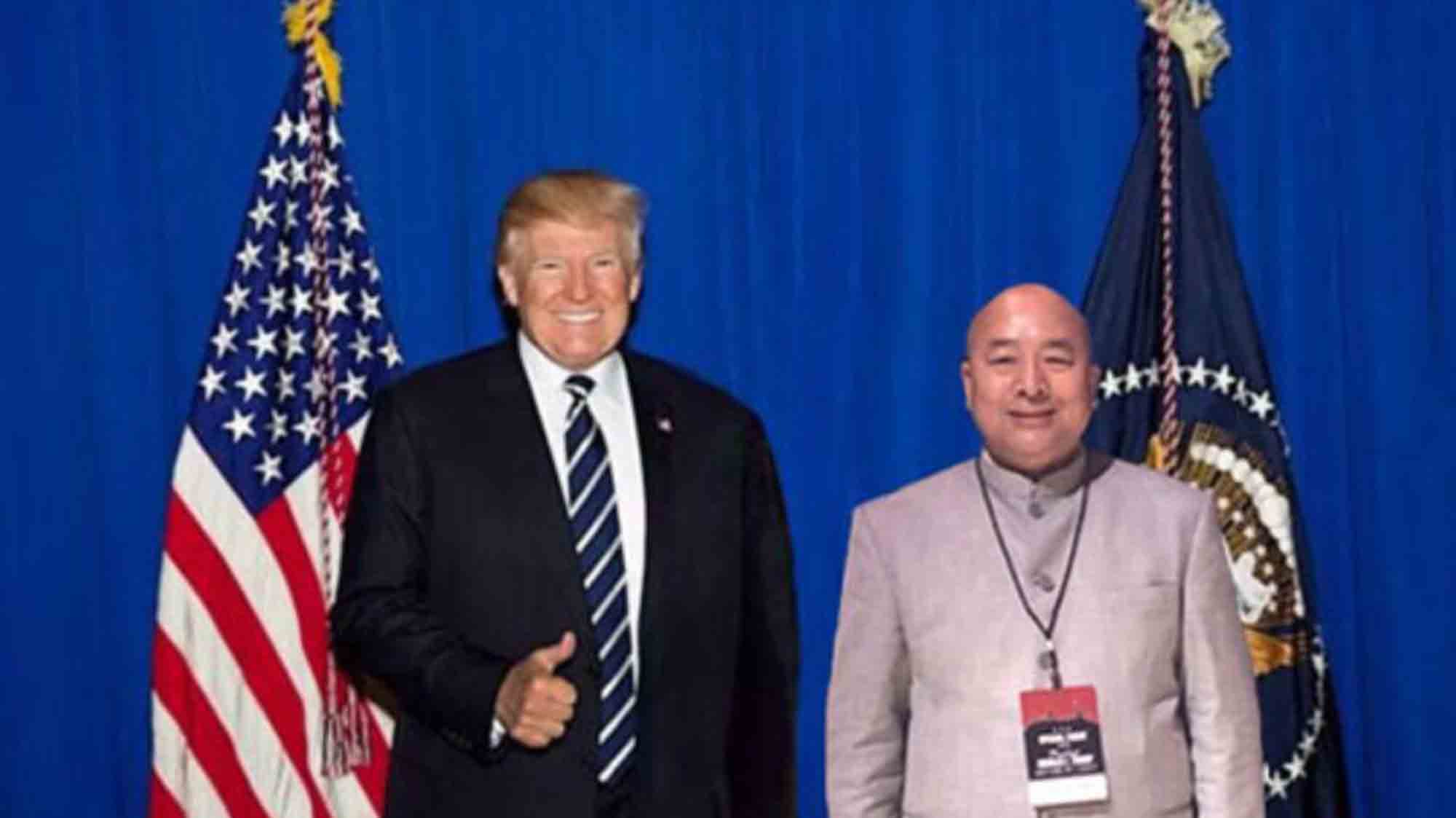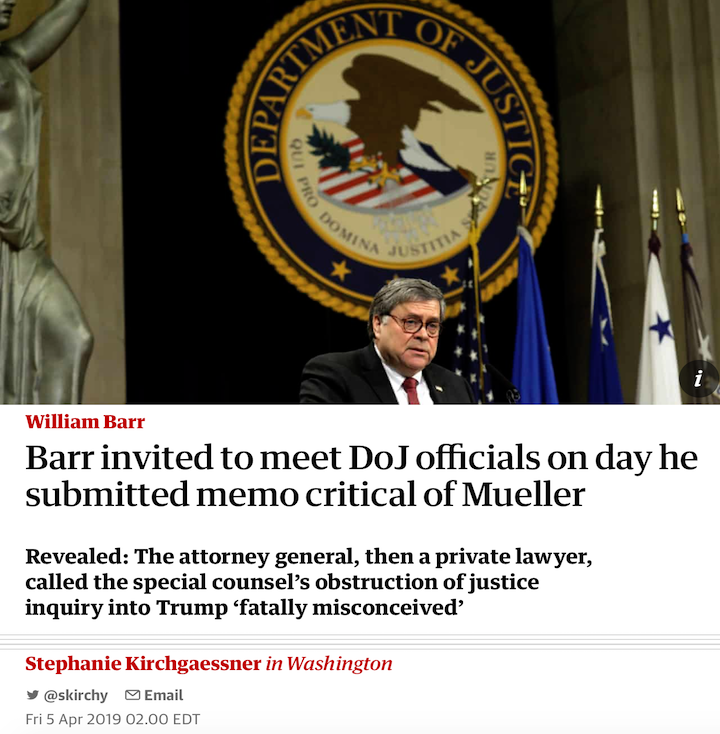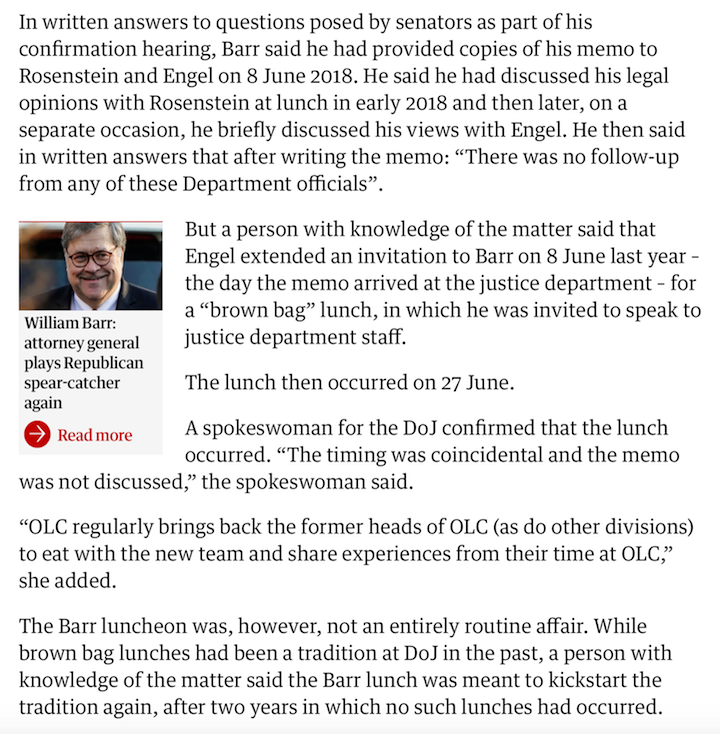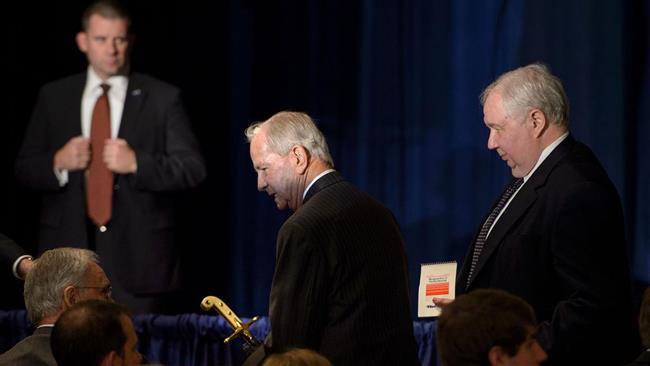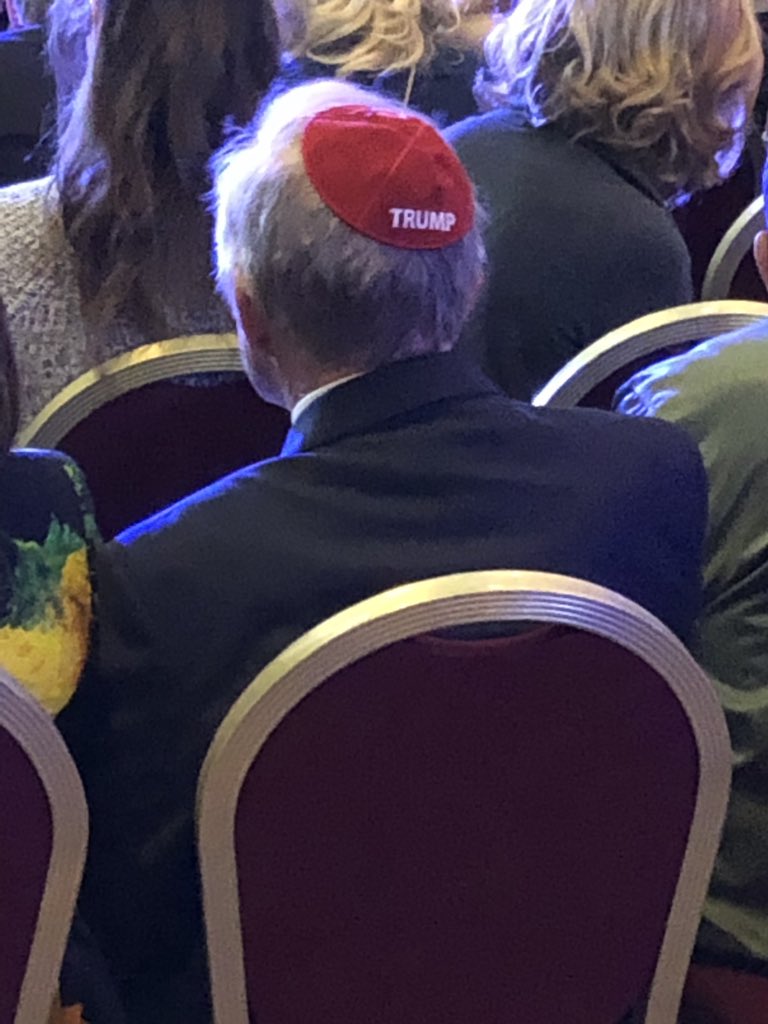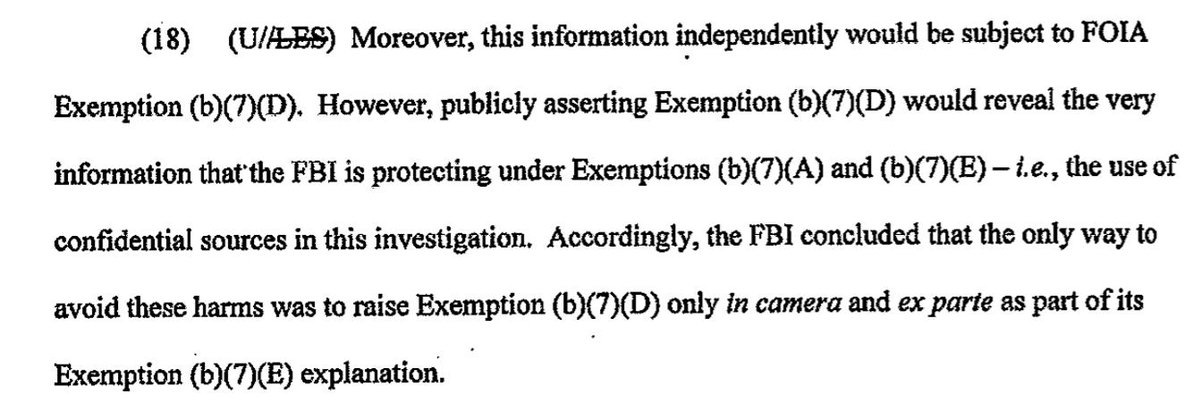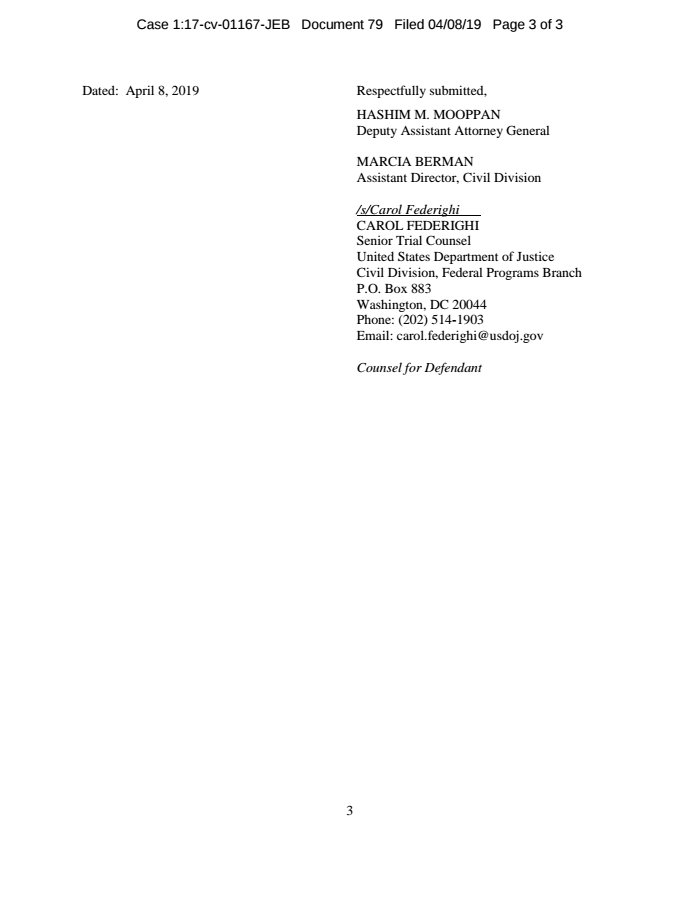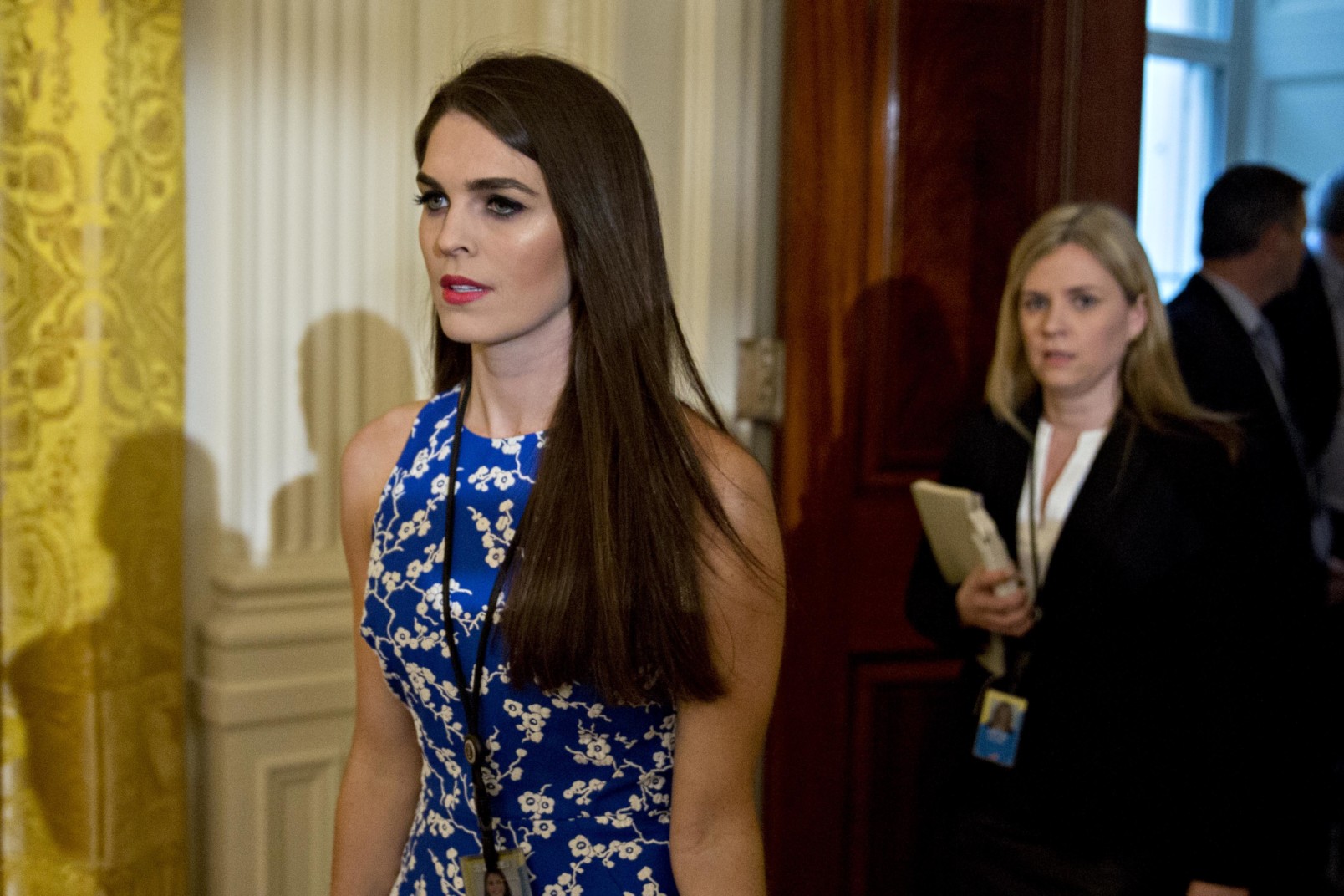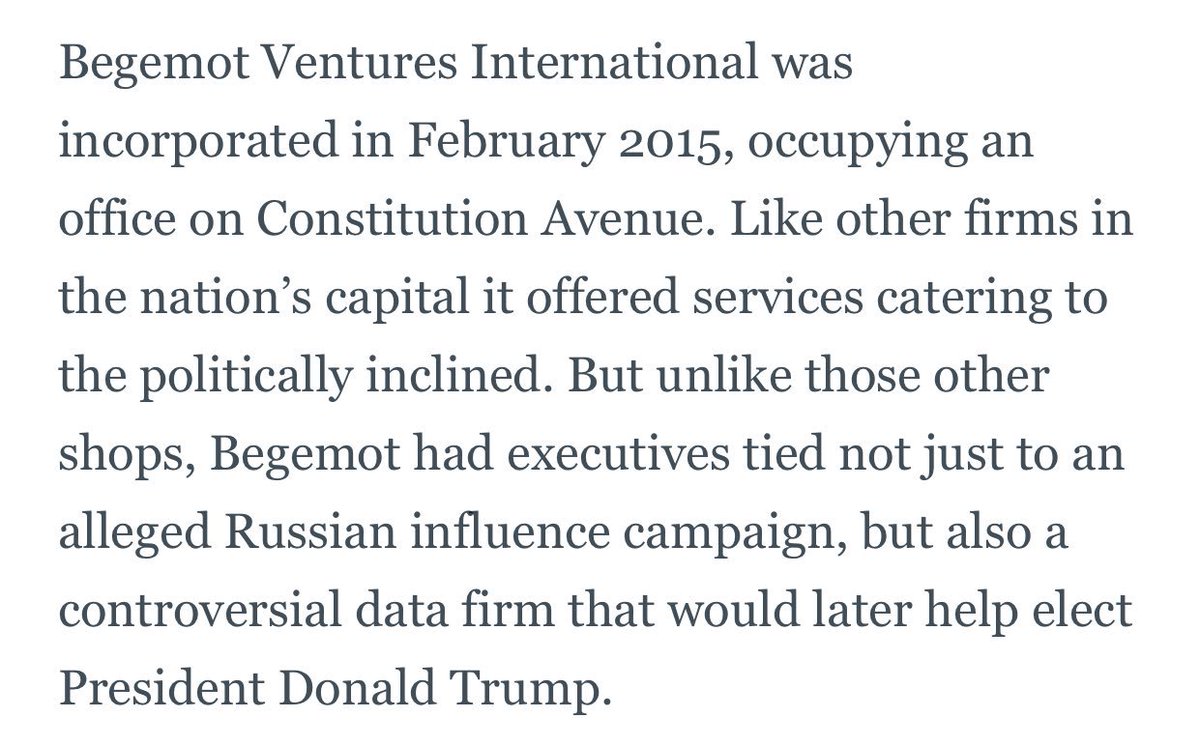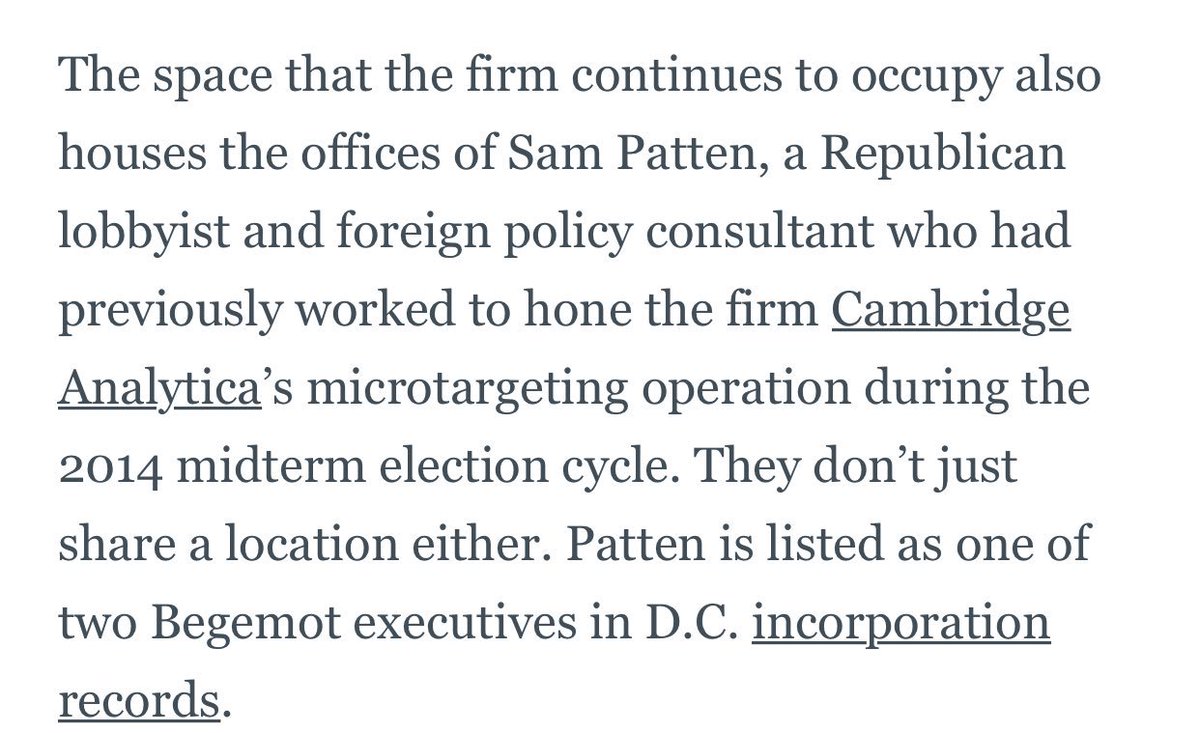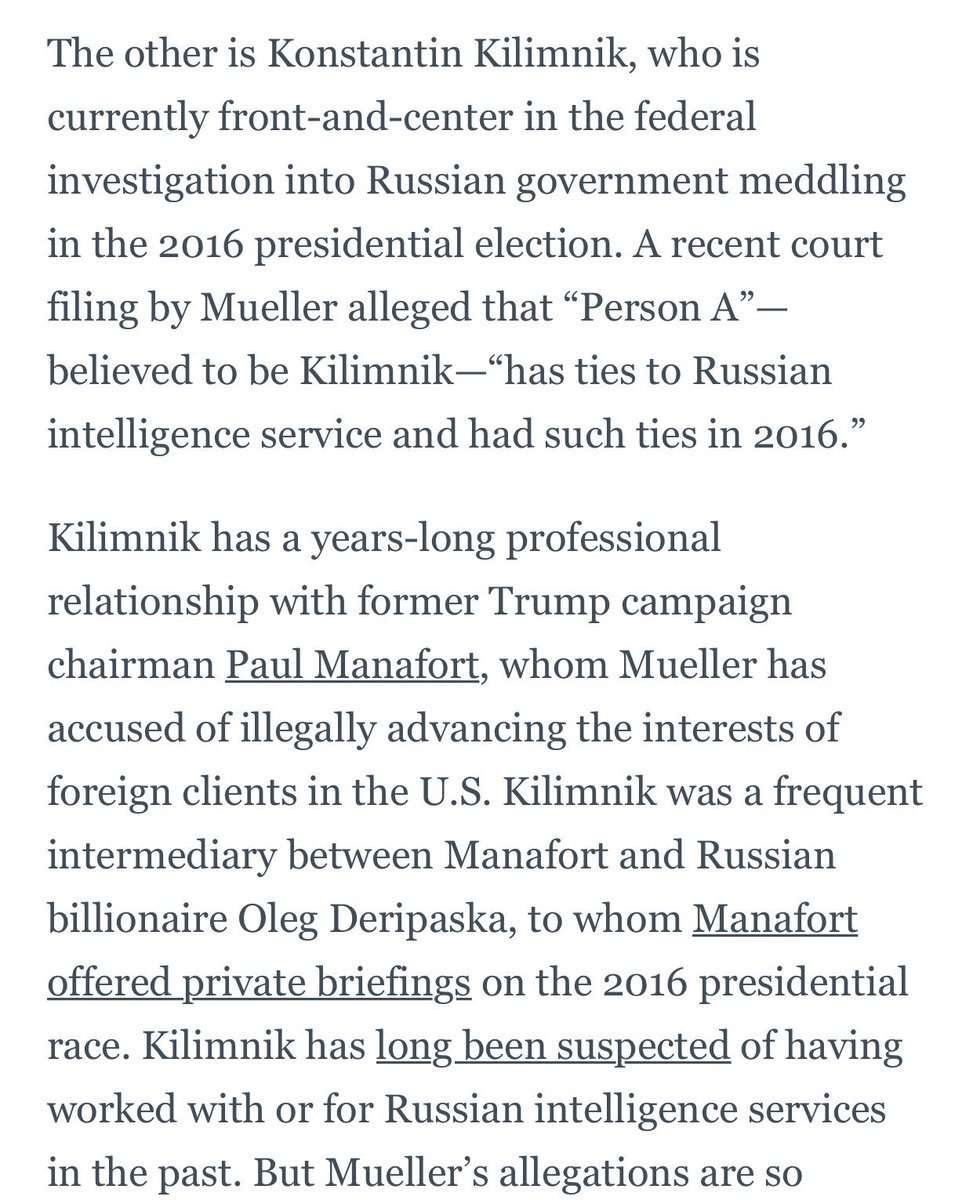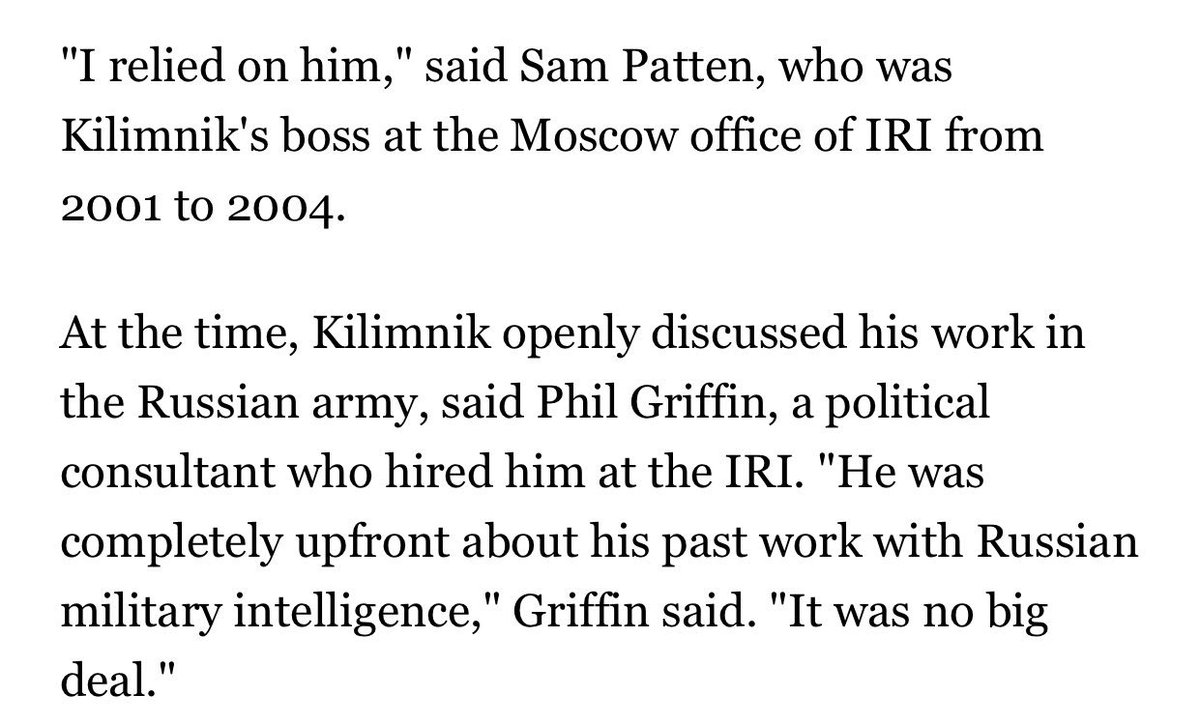Trump’s Right-Hand TrollStephen Miller once tormented liberals at Duke. Now the president’s speechwriter and immigration enforcer is deploying the art of provocation from the White House.
McKay CoppinsMay 28, 2018
t’s late on a Friday afternoon in March, and I’m sitting across from Stephen Miller in his spacious, sunlit West Wing office, trying to figure out whether he’s trolling me.
To hear more feature stories, see our full list or get the Audm iPhone app.
This is no easy task. A provocateur as skilled as Miller doesn’t just announce when he’s saying something outlandish to get a rise out of you—he tries to make you think he means it. So you have to look for the subtle tells. The fleeting half-smirk when he refers to himself as a “conservative social-justice warrior” early in the conversation. The too-emphatic tone he takes later when he says the best movie he’s seen in the past 15 years is The Dark Knight Rises, and then chides you for not properly appreciating its commentary on the French Revolution.
“It takes on the issue of anarchy and social breakdown in a really interesting way,” he says of the Batman movie. “There’s a lot going on in the film that you, of all people, I’d have thought would be all over.”
“Me … specifically?,” I ask, taking the bait.
“Well,” he replies, letting the mask slip and a sarcastic grin surface, “it’s just your reputation as a very deep thinker.”
Perched on a high-backed chair, Miller looks as if he’s posing for a cologne ad in a glossy magazine—his slender frame wrapped in an elegantly tailored suit, his arm draped over the backrest, his legs crossed at the knee just so. As President Donald Trump’s top speechwriter and senior policy adviser, the 32-year-old aide has cultivated a severe public image, his narrow features forming a kind of perma-glower when he’s on television. But in person there are glimpses of something else—not charm, exactly, but a charisma-like substance. He can be funny and self-aware one moment, zealous and hostile the next. In conversation, he slides from authentic insight into impish goading and back again. It’s a compelling performance to watch—but after an hour and a half in his office, I realize I’m still straining to locate where the trolling ends and true belief begins.
In the campy TV drama that is Donald Trump’s Washington, Miller has carved out an enigmatic role. He lurks in the background for weeks at a time, only to emerge with crucial cameos in the most explosive episodes. The one where Trump signed a havoc-wreaking travel ban during his first week in office, unleashing global chaos and mass protests? Miller helped draft the executive order. The one where the federal government shut down over a high-stakes immigration standoff on Capitol Hill? Miller was accused of derailing the negotiations. (“As long as Stephen Miller is in charge of negotiating immigration, we’re going nowhere,” Senator Lindsey Graham grumbled.) To watch him in his most memorable scenes—theatrically hurling accusations of “cosmopolitan bias” at a reporter; getting his mic cut in the middle of a belligerent Sunday-show appearance—is to be left mesmerized, wondering, Is this guy serious?
I put that question to Miller, one way or another, repeatedly over the course of our meeting. He insists that he believes every word he says, and that he is not a fan of “provocation for its own sake.” But after some reflection, he admits that he has long found value in doing things that generate what he calls “constructive controversy—with the purpose of enlightenment.”
This is what makes Miller different from all the other Republican apparatchiks who became supervillains when they joined the Trump administration: He has been courting infamy since puberty. From Santa Monica High School to Duke University to Capitol Hill, his mission—always—has been to shock and offend the progressive sensibilities of his peers. He revels in riling them, luxuriates in their disdain.
Inside the White House, Miller has emerged as a staunch ideologue and an immigration hawk championing an agenda of right-wing nationalism. But people who have known him at different points in his life say his political worldview is also rooted in a deep-seated instinct for trolling. Miller represents a rising generation of conservatives for whom “melting the snowflakes” and “triggering the libs” are first principles. You can find them on college campuses, holding “affirmative action bake sales” or hosting rallies for alt-right figures in the name of free speech. You can see them in the new conservative media, churning out incendiary headlines for Breitbart News or picking bad-faith fights on Twitter. Raised on talk radio, radicalized on the web, they are a movement in open revolt against the dogmas of “political correctness”—and their tactics could shape the culture wars for years to come.
The story of Miller’s rise to power offers an early answer to an urgent question: What happens when right-wing trolls grow up to run the world?
The conservative education of Stephen Miller began with a middle-school magazine drive.
He was in seventh grade, and, needing one more sale to qualify for a prize, he decided to buy himself a subscription to Guns & Ammo, which looked less boring than the alternatives. While flipping through the magazine one day, he came across a column written by Charlton Heston, the movie star turned gun-rights activist. It was, he recalled, “the first conservative writing I’d ever read.”
Growing up in the so-called People’s Republic of Santa Monica as the son of well-off Jewish Democrats—his father was a lawyer and real-estate investor, his mother a homemaker—Miller was uninitiated in conservative thought. But the magazine piqued his curiosity. Guns & Ammo led him to Wayne LaPierre’s book Guns, Crime, and Freedom, which he devoured, enraptured by the blunt force of the author’s prose. (“Clearly, the Warsaw ghetto stands in history as a shining example of the dangers of gun control.”) “I remember thinking to myself, If what I believe is true is so wrong on these issues … what else could I be wrong about?,” Miller told me.
When high-profile Republicans are asked to describe their early intellectual influences, they tend to name-check a lot of the same Serious Thinkers: Edmund Burke. Milton Friedman. Friedrich Hayek. Maybe Ayn Rand. Miller’s list is different. When I asked him which books had shaped his politics, he rattled off a procession of titles by screed artists and talk-radio personalities, including David Horowitz—the author of such works as Hating Whitey and Other Progressive Causes—and Larry Elder, who wrote The Ten Things You Can’t Say in America. What these books lacked in substance, they made up for in visceral appeal. “When I read Rush Limbaugh’s The Way Things Ought to Be, it was like a page-turning thriller to me,” Miller recalled, fondly. “Every page was like some new revelation.”
Miller believes his right-wing transformation may have been preordained. “I do think it’s possible to have a conservative personality,” he mused, pointing to his own deeply embedded attitudes toward criminals. Even from a young age, he said, crime stories on the news would upset him “on a core emotional level.” He bristled against the sort of “gentle rehabilitation programs” for convicts beloved by bleeding-heart Santa Monicans. “My core instinct was … to put them behind bars and keep them behind bars until they’re not a threat to anybody anymore.”
But Miller’s youthful political reinvention was also a puckish reaction to his surroundings. In the beachside bubble of liberal affluence where he was raised, people saw themselves as proud citizens of a progressive utopia. There were festivals celebrating multiculturalism, and “racial-harmony retreats” for students. Yet there were also tensions around racial and class inequality. Jason Islas, a progressive activist who was friends with Miller when they were kids, says it was the kind of place where wealthy white liberals would “conspicuously celebrate diversity in very self-congratulatory ways”—and then avert their eyes from the problems in their own community.
Miller seemed to mold his new political identity with the express aim of needling these self-righteous neighbors. “I think it was a teenage rebellion against an upper-middle-class, liberal establishment that metastasized,” Islas told me. “The style of conservatism that he has could only have come out of a place like Santa Monica.” Yet there were also signs that Miller’s persona expressed something deeper. Shortly before they started high school, Islas recalled, Miller informed him that they couldn’t be friends anymore, citing Islas’s “Latino heritage” as one of several reasons.
At Santa Monica High, Miller constantly found ways to rile his classmates. He loudly complained about the Spanish-language announcements that came over the PA system, and once jumped into the homestretch of a girls’ track race, evidently to prove male athletic superiority. After 9/11, he emerged as a vociferous defender of the Bush administration, writing op-eds that compared students who opposed U.S. military actions to terrorists and concluding, “Osama Bin Laden would feel very welcome at Santa Monica High School.” During his junior year, he agitated for the school to lead regular recitals of the Pledge of Allegiance—and when his demand wasn’t met, he went on local talk radio to kick up some controversy. The tactic worked, and the school eventually acquiesced.
At times, his shtick was greeted with amusement. In a video clip unearthed by Vice News, a young Miller—wearing a white tennis sweater and oozing bravado—can be seen eliciting laughter from other teenage boys in the back of a school bus as he cracks jokes about his receding hairline, performs a silly pop ballad, and holds forth on the merits of cutting Saddam Hussein’s fingers off. “Torture is a celebration of life and human dignity,” he proclaims, his lips curling into a grin. “We need to remember that as we enter these very dark and dangerous times of the next century.”
More often, though, Miller’s stunts elicited hostility—just as he intended. In perhaps his most memorable act of teenage trolling, he ran for student government on a platform that included increasing the janitorial staff’s workload. Speaking to an amphitheater full of privilege-checking peers, he asked, “Am I the only one who is sick and tired of being told to pick up my trash when we have plenty of janitors who are paid to do it for us?” The crowd erupted in boos and Miller, looking pleased with himself, was forcibly removed from the stage.
In retrospect, Miller concedes that he may have crossed some lines, but overall he’s proud of his youthful posture. “I think it’s very healthy for kids to be a little bit rebellious,” he told me. What bothered him most about his high-school experience wasn’t the school’s liberalism but the way other students reacted to his dissent. Rather than engage in “spirited, open debate,” he complained, their instinct was to tattle on him. “Far from the images of 1960s kids rebelling against power, most of my classmates who were upset by the things I was saying … wanted to have a more disciplined administrative environment with stronger, tougher rules about what you can and can’t say—set by adult authority figures!”
By the time he graduated and headed to Duke, Miller had come to view this “educational authoritarianism” as a chilling threat to his generation, one he was determined to fight. “I’ve always been a nonconformist,” he told me. “I think that nonconformity is part of the American DNA. And in today’s culture, the nonconformists are conservatives.”
On the evening of March 7, 2006, a scruffy-faced Miller stepped up to a podium in Duke’s Page Auditorium and retrieved a list from his breast pocket. “Making this event happen was not easy,” he began, in a grave tone. “We beseeched many departments, many institutions at Duke University, for funding. Many of them wanted nothing to do with us.”
The event in question was a speech by David Horowitz, the right-wing polemicist whose books Miller had so admired as a teenager. Horowitz had recently published a new book identifying “the 101 most dangerous academics in America,” including two Duke professors—and Miller had invited him to campus. Now, as he introduced Horowitz to an audience of skeptics and hecklers, Miller was making the most of the moment.
Turning to the piece of paper in front of him, Miller began to list the university entities that had withheld their support, reading them off one by one with gusto—the literature department, the philosophy department, the multicultural center. When some in the audience began applauding the groups he was trying to shame, Miller straightened his tie and furrowed his brow in faux concern. “I see that many of you are happy that people on this campus don’t want to support a debate of ideas,” he snapped, and then glanced back down at his notes, an amused look flickering across his face.
That night was the culmination of a well-organized campaign of campus disruption. It had begun when Miller formed a chapter of Students for Academic Freedom—a national conservative pressure group Horowitz had launched to expose the leftist “indoctrination” taking place at America’s universities. As the head of the Duke chapter, Miller was sent a 70-page handbook that provided detailed instructions for orchestrating a campus controversy. It included guidance on how to investigate faculty members’ partisan biases (special attention should be paid to professors of women’s studies and African American studies, the handbook noted); tips for identifying “classroom abuses” (“Did your professor make a politically-biased comment in class about the war in Iraq?”); and advice for drumming up publicity (“Appearing as a guest on your local talk radio station is probably easier than you think”). The handbook also urged students to invite controversial speakers to their schools, adding that if the administration declined to fund such visits, students should “issue a press release … questioning why they have refused your request to increase the scope of intellectual diversity on campus.”
The playbook was in many ways ahead of its time, but Miller recognized its merits—and executed flawlessly. After inviting Horowitz to speak at Duke, he seized on the pushback from some professors as evidence that the university was trying to stifle free speech. He wrote an incendiary op-ed in the student newspaper, The Chronicle, titled “Betrayal,” in which he claimed that “a large number of Duke professors” were determined to “indoctrinate students in their personal ideologies and prejudices”—and then presented a series of anonymous student testimonials as proof.
At Duke, when other students confronted Miller on the quad, he would expertly bait them into public shouting matches. (The Chronicle / WG600 / The Atlantic)
There were protests, and counterprotests, and angry letters to the editor, and before long, Miller had spun the event into a culture-war spectacle. When Horowitz arrived, he was amazed to find a packed auditorium, with cameras rolling in the back. (His speech later aired on C-span.) “It really impressed me,” Horowitz told me. “There were, like, 800 people there, and Stephen organized that single-handedly.”
The episode helped solidify Miller’s reputation at Duke as a right-wing firebrand. Roving around campus in his dark suits and ties, a Nat Sherman cigarette dangling from his lips, he epitomized a new breed of college Republican—less debate-team dork, more smirking prankster. In classes, he was known to derail discussions with inflammatory comments. When other students confronted him on the quad, he would expertly bait them into public shouting matches.
One semester, he coordinated an “Islamo-Fascism Awareness Week” to educate students about the “holy war being waged against us.” And through an event called the Great Immigration Debate, he got to know a graduate student named Richard Spencer, who would go on to become one of America’s leading white supremacists. (The extent of their relationship is somewhat murky. When Spencer claimed last year that he had been a “mentor” to Miller, the White House aide issued a forceful denial, telling The Washington Post, “I condemn his views. I have no relationship with him. He was not my friend.”)
Miller was best known for a column he wrote, called Miller Time, for The Chronicle. Perusing the archive today, one can see the influence of Limbaugh, LaPierre, and his other idols. In one column—headlined “Sorry Feminists”—he made the case for old-fashioned gender roles: “I simply wouldn’t feel comfortable hiring a full-time male babysitter or driving down the street and seeing a group of women carrying heavy steel pillars to a construction site.” He produced tirades against affirmative action, multiculturalism, and various other talk-radio targets. His Judaism notwithstanding, he wrote two separate columns about the War on Christmas, and a third in which he lamented that Mel Gibson had been snubbed by the Oscars for The Passion of the Christ.
Seyward Darby, who was Miller’s editor at The Chronicle, recalls that his columns were never calibrated for persuasion. “I have no recollection of ever speaking to someone who said, ‘Oh, Stephen makes some good points in his latest column,’ ” she told me. “He picked the most contrarian of stances to articulate, wrote the most hyperbolic prose he could, then put it out into the world. I have to imagine that he then sat back and waited for people’s reactions. Really, the smartest response was to avoid having one.”
Miller told me that he knew his views were unpopular at Duke, but added, “I also knew that expressing them meekly or apologetically in that kind of environment would be totally ineffective.” His objective wasn’t to upset anyone, he said, but “to challenge people to reevaluate their own assumptions”—and sometimes doing so required an in-your-face approach. Perhaps sensing that I found this unconvincing, he added a caveat that seemed closer to candor: “I mean, at some level you have to be interesting.”
Even as his notoriety grew, Miller remained a somewhat mysterious figure on campus. He was rarely seen at parties, and few classmates remember hearing him discuss his personal life. Paul Slattery, a fellow student who spent many late nights talking politics with Miller over coffee and cigarettes at an off-campus diner, told me, “I don’t ever recall having a conversation about, like, whether he had a girlfriend … You would think I’d have a much more comprehensive view of this person. I don’t—and it’s weird to me.”
Darby said she was always trying to figure out how much of Miller’s behavior was performance art. “I vacillated between thinking that he was deeply unempathetic, perhaps even cruel, and thinking that one day we were going to find out that he did it all for show, to pull the ultimate joke, to assert some modicum of power,” she said. “Looking back, maybe both things were true?”
This question, of how seriously to take Miller, carried over into his interactions with women—like when he approached a woman on campus who he knew disliked his politics and, apropos of nothing, said, “You and I would make beautiful babies together.” Women who knew him told me they saw such remarks as escalations in his endless quest to provoke. One recalled that she was “typically disgusted” by his creepy comments, but didn’t feel “violated.” Another said, “He liked getting a rise out of people in a very sociopathic way.”
Near the end of Miller’s junior year, Duke drew national attention when a black woman accused three white lacrosse players at the school of raping her. Almost overnight, the campus became a battlefield. Protesters marched through the streets of Durham banging pots and pans and waving a banner that screamed castrate!! A group of 88 professors published an open letter declaring the case a “social disaster” that revealed their university’s systemic racism and misogyny. A cavalcade of news trucks surrounded the campus, and reporters swarmed.
For most students, the uproar was a nightmare. For Miller, it was an opportunity. From his perch at The Chronicle, he took up the unpopular cause of the accused lacrosse players—crusading for their right to be presumed innocent, and casting them as victims of political correctness. He caught the attention of cable-news bookers and became a frequent guest on Fox News, playing the head-nodding yes-man to Bill O’Reilly’s cranky culture warrior. But he also turned up on shows that were less friendly to his position. During one particularly feisty interview with Nancy Grace, the host was so appalled by Miller that she was reduced to rolling her eyes and exclaiming, “Oh, good lord!”
To many, Miller’s position seemed not only wrongheaded but outrageous—but then the case unraveled. By the time Miller graduated, the lacrosse players had been exonerated, and the Durham County district attorney was later disbarred. Miller was vindicated.
Miller told me that his activism on behalf of the players was the thing he was most proud of from his college years. It also helped launch his career in conservative politics. After graduating, he moved to Washington to join the office of an up-and-coming congresswoman named Michele Bachmann.
But among those who knew Miller at the time, the question of why he inserted himself into the lacrosse scandal remains a point of debate. Some believe it was simple opportunism—an attention seeker chasing the Fox News searchlight. Others see a more nefarious motive—a budding white nationalist drawn to the racial politics of the case.
Miller himself told me that he’d felt moved to take a stand because of his upbringing in Santa Monica. In the campus-wide rush to judge the lacrosse players—whose gender and ostensible privilege were cited as exhibits A and B—he said he recognized “some of the more totalitarian tendencies in parts of the new left that I’d seen growing up.” And, he added, “my experiences in high school, in which I was used to being unfairly labeled, unfairly maligned, gave me the thick skin that I needed” to withstand the blowback.
Paul Slattery offered a simpler theory. He said that while his old friend had been motivated by a genuine belief in the players’ rights, he was also following a deeper impulse: “He just loved to kick shit up.”
This past February, thousands of right-wing activists descended on National Harbor, in Maryland, for the annual Conservative Political Action Conference. A Millerian spirit of lib-baiting permeated the convention center’s exhibit hall, where young attendees in blue blazers and shift dresses roamed the premises collecting mischievous political swag. There were i ♥ co2 buttons, and “safe spaces” coloring books (“Crayons not included, especially the white ones”). At one booth, a young man hawked socialism sucks T-shirts—Just imagine how people on your campus will react!—and at another, a woman in a Hillary Clinton mask and prison stripes posed for selfies with passersby.
Outside, I met a trio of young men in sport coats and asked them what they thought of Miller, who had helped write the speech Trump had given earlier in the day. One, a student from Hillsdale College, in Michigan, began enthusiastically recapping one of Miller’s greatest hits: his combative appearance at a White House press briefing in which he had berated a CNN reporter for “cosmopolitan bias” and schooled him on the true history behind the Statue of Liberty, before finally leaving the podium with a self-satisfied look. “I really admired that,” the student told me.
At a White House press briefing in August 2017, Miller accused a CNN reporter of “cosmopolitan bias.” (Jonathan Ernst / Reuters)
In the decade since Miller graduated from Duke, the kind of trolling he mastered there has come to dominate campus conservatism in America. Today’s archetypal college Republican is not a mini Mitt Romney with a copy of National Review tucked under his arm, but a red-capped rabble-rouser pranking the pious liberal students who fret that cafeteria sushi is a form of cultural appropriation or demand free tampons in both men’s and women’s bathrooms in the name of “menstrual equity.”
Some of these campus conservatives’ antics are silly and relatively harmless, like when the Yale College Republicans hosted a barbecue next to pro-union hunger strikers last year. Others take on an absurdist quality, in the spirit of the right-wing activist James O’Keefe’s demands that Rutgers stop serving Lucky Charms on the grounds that the cereal’s trademark leprechaun perpetuated negative stereotypes about Irish Americans. (“We’re not all short,” he protested to an administrator.)
But there is also a darker strain to this movement, perhaps best embodied by Milo Yiannopoulos, the gay former Breitbart News blogger who became a right-wing sensation in 2016 when he embarked on his “Dangerous Faggot” tour of college campuses. Yiannopoulos’s tirades against Muslims, lesbians, and other minority groups were designed to draw protests—and if the demonstrations turned violent, all the better. After a riot broke out last year at UC Berkeley, where Yiannopoulos was scheduled to speak, conservatives pointed to the incident as proof that free speech was under attack from the left.
Despite their shoestring appearance, many of these exploits have real money behind them. Yiannopoulos’s tour was funded in part by Robert Mercer, the secretive hedge-fund billionaire who also was a major Trump donor in 2016. And Turning Point USA—a nonprofit that trains conservative students in the art of provocation—reportedly has a budget of about $15 million this year.
In his 2017 book, Dangerous, Yiannopoulos laid out the ideology undergirding his project. He described his mission as “finding boundaries and raping them in front of you,” and promised his followers, “I’ll teach you how to cause the same sort of mayhem I do in defense of the most important right you have in America: the right to think, do, say and be whatever the hell you want.” In this scorched-earth view of the culture wars, the goal is not to advance conservative arguments in a provocative way; the provocation itself is the point. “Liberal tears” are the coin of the realm, and giving offense is a form of conquest.
But if any slur or slander can be excused as ironic under the guise of combatting political correctness, it becomes all but impossible to distinguish genuine extremists from those impersonating them for effect. According to the Anti-Defamation League, incidents of white-supremacist propaganda at colleges increased by 258 percent from the fall of 2016 to the fall of 2017.
What’s more, the journey from winking provocateur to racist ideologue might be shorter than many imagine. You start out with the goal of provoking the left—and, well, what’s more provocative than posting a racist meme on the internet? But with each new like and upvote, an incentive structure forms, a community coalesces, an identity hardens. Before long, the line between performance and principle is blurred beyond recognition, your “true” beliefs buried under so many layers of irony that they’ve been rendered irrelevant.
Of course, when your personal beliefs become a matter of national policy, the stakes are higher. Miller dismisses any suggestion that he’s motivated by racism or xenophobia. When I asked him, for example, whether he had been drawn to the Duke lacrosse case because of its racial politics, he curtly brushed off the question. And when I mentioned the historically anti-Semitic roots of Trump’s “America First” slogan, he said that was a “completely insincere” argument ginned up by liberals who are simply uncomfortable with the “nationalist populism” that the term invokes.
As for his views on Yiannopoulos, he said he didn’t want to drag the White House off message by commenting. But if college campuses are teeming with Milo wannabes, Miller clearly believes that the modern left has only itself to blame. Today’s liberal orthodoxies, he said, constitute a “bloodless appeal” to his generation—lacking the emotional resonance, excitement, and danger on offer from the #maga movement.
“I mean, is there anything more conformist than an idealistic liberal college student deeply concerned about not knowing what today’s official hyphenated expression is, who attends four classes a day on, like, cultural Marxism, and makes sure all of their coffee beans are locally sourced?”
Miller paused in conjuring this stereotype.
“I’m in favor of the last one,” he noted. “I do want them made in America.
“But the point is … I think you’d have a lot more fun being a campus conservative in a ‘Make America great again’ hat.”
It should perhaps come as no surprise that Stephen Miller, enemy of the globalist elite, chose one of Washington’s poshest condo complexes to call home. For a man who has long seemed most comfortable surrounded by people who hate him, there must have been a certain appeal to CityCenterDC, where he bought a $1 million two-bedroom in 2014 (paid for, property records indicate, with the help of his parents). Not only did the sparkly glass complex in downtown Washington feature retailers like Gucci and Hermès and stylish restaurants like Momofuku, but it was also home to such establishment luminaries as Attorney General Eric Holder and Democratic Senator Claire McCaskill.
Since arriving in Washington, Miller had sanded off some of the rougher edges of his merry-prankster persona, refashioning himself as a serious ideologue. But he remained an agitator. Still in his 20s, Miller had become known on Capitol Hill as the chain-smoking, right-wing gadfly from Senator Jeff Sessions’s office who blasted out rambling emails to reporters and congressional aides at all hours on the dangers of illegal immigration. In 2013 he emerged as a devoted foot soldier in the populist right’s drive to kill a bipartisan immigration-reform bill—an effort that ultimately succeeded.
To the extent that Miller, a notorious workaholic, had a social life, it often involved getting together with reporters from Breitbart News, a reliable booster of his boss’s agenda. He grew especially close to Julia Hahn, an acid-penned writer and Steve Bannon protégé with whom he was sometimes seen at parties, engaging in private, intense-looking conversations away from the rest of the group. (Hahn would later follow Miller and Bannon to the White House, where she serves as a special assistant to the president.)
In this scene, Miller was not a misfit or a menace, but part of the vanguard of a growing conservative-populist movement.“People in that circle took him really seriously as an intellectual,” said a Republican Hill staffer who hung out with the group a handful of times in 2015. She recalled one get-together at which Miller asserted matter-of-factly that the Catholic Church was engaged in a conspiracy to financially benefit from the refugee crisis. The Hill staffer, a Catholic, was bewildered that no one else in the group was challenging him. “He just said it like it was fact, like it was indisputable,” she remembered—and when she asked him for evidence, he was “caught off guard.” For the rest of the evening, she said, “there was a different energy between us.”
When Donald Trump entered the presidential race in the summer of 2015, it was perhaps inevitable that Miller would find a way onto the campaign. The rest of Washington scoffed at Trump’s candidacy, but for Miller, the New York billionaire was the flesh-and-blood manifestation of everything he cared about most: an opponent of political correctness, a hard-liner on immigration, an enemy of the political establishment—and a world-class troll.
“He doesn’t have to command rooms to be effective,” a senior Democratic Senate aide said of Miller, “because he does his thing behind the scenes.” (Chris Pizello / AP / Kevin Lamarque / Reuters / Shutterstock / WG600 / The Atlantic)
Of the many things Miller admires about his boss, Trump’s talent for performance and provocation is what gets him most worked up. “If this was a fair political culture,” he told me, “there would be many articles written and many stories on TV about his natural gifts as a communicator and his ability to keep an audience rapt for an hour and a half; to be able to pivot seamlessly from comedy to gravity; his understanding of drama.”
“A political rally is supposed to be a rally,” Miller went on. “It’s supposed to have almost, like, the fun and excitement of a revival—and so few politicians today are able to establish anything resembling that kind of connection with people.”
To illustrate, Miller pointed me to one of the longest-running—and most controversial—staples of Trump’s speech-making: “The Snake.” During the GOP primaries, Trump began periodically reading the lyrics of an obscure 1960s soul song drawn from Aesop’s fables. The song tells the story of a woman who takes a half-dead snake into her home and nurses him back to health. The snake responds by biting her. As she dies, she asks him why he did it. The moral of the lesson is in the concluding couplet:
“Oh shut up, silly woman,” said the reptile with a grin.
“You knew damn well I was a snake before you took me in.”
Trump uses the deceitful, poisonous snake to represent Syrian refugees and undocumented immigrants. It is objectively one of the most demagogic things he regularly says out loud (as an added bonus, it also works as a metaphor for Trump himself, something he seems to know and delight in). It is quintessentially Trumpian rhetoric: shocking, offensive, and destined to send his haters into paroxysms of outrage.
Early in the Trump presidency, Miller worked with then–chief strategist Steve Bannon to craft an executive order that banned travel to the United States from seven majority-Muslim countries. (Carlos Barria / Reuters)
It also thrills Miller to no end. In his office, he spent several minutes describing to me—in meticulous, loving detail—how Trump conceived of this oratorical device himself; how, before certain speeches, he would announce to aides, “I’m gonna do ‘The Snake,’ ” which meant that Hope Hicks had to print off a fresh copy of the lyrics from her computer, where she kept them saved in a Word document for these special occasions; how Trump would go through each line and expertly “hand edit” the page, making tweaks “so that it works better as spoken word, or lands more dramatically in certain areas”; how the president’s crowds still show up to rallies hoping to hear him do “The Snake”; and how, on the days when he does, the opening lines are greeted as if they are “the first three chords of ‘Free Bird.’ ”
On the campaign trail, Miller played the dual role of speechwriter and hype man, getting the crowds amped up before Trump took the stage. “Don’t let anyone tell you that you are not a good person because you believe the American people should come first,” he would tell supporters.
But to Miller, the most exhilarating moments came when Trump would tell him—often while they were en route to an event—that he wanted to add a new section to his speech. Miller, who said he writes best “under pressure,” recalled that he felt in those moments like a football player in the final minutes of a game. They would be on the plane, getting ready to touch down, and Trump would dictate to him “seven or eight paragraphs of material” off the top of his head. “The best lines in the rallies,” he said, “are the ones that he comes up with on the spot, because he has incredible wit and speed, and he can just get the audience in real time.”
As Miller gushed, I realized that there was something familiar about this worshipful anecdote: He had shared it—several times—during his most infamous TV appearance. In January, Miller had been dispatched to CNN to refute reports that the president’s own staff was questioning his mental stability. But the interview, with Jake Tapper, devolved into a heated back-and-forth in which Miller repeatedly attacked the media and refused to engage with the host’s questions. The segment ended when an exasperated Tapper declared, “I think I’ve wasted enough of my viewers’ time” and cut Miller’s mic. The clip went viral.
When I asked Miller about the appearance, he cast his eyes downward in a show of contrition. “You know, I’ve thought about it for a long time,” he said. “And I’ve decided that … if he ever offered it, I’d be willing to accept Jake Tapper’s apology.”
As a senior policy adviser to the president, Miller enjoys a position of uncommon influence for his age. In addition to running the speech-writing team and crafting Trump’s major addresses, he works closely with the communications office to shape the administration’s message, and he has a seat at the table in most areas of domestic policy. And yet—remarkably, given the divisiveness of his views—Miller has remained largely absent from news stories about intramural combat in the West Wing. While dozens of top officials have departed over the past 16 months, Miller has kept his head down and survived.
The lack of damaging leaks about him is partly a function of the fact that he is generally well liked among his close colleagues, who say he is more self-aware than his strident on-camera persona would suggest. “He knows the charges against him,” White House Press Secretary Sarah Huckabee Sanders says, and he enjoys playfully nodding to his villainous image in interactions with co-workers.
Hogan Gidley, who works in the White House press office, told me he first bonded with Miller over their shared love of fashion. Describing Miller’s aesthetic as “policy chic,” he praised his friend’s collection of pocket squares and attentiveness to seasonal fabrics. When it comes to sartorial matters, Miller once told him, “springtime is my playground.” (Despite my numerous requests for details, Miller refused to tell me anything about where he bought his suits except to say that they were bespoke, and American-made.)
Miller’s allies say that his standing in the president’s orbit has remained so stable for another reason: He’s content to be a staffer instead of a star. “People have made him out to be some type of puppet master when nothing could be further from the truth,” Gidley said. “He executes what the president wants him to execute.”
I heard variations of this line from several people in the administration, and at first I was skeptical. Given his lifelong penchant for attention-getting provocation, could he truly be content playing the part of the obedient lieutenant? But as it turns out, Miller has found ways to channel his talent for trolling into the less visible work of government policy making.
When President Trump needs to learn about an issue, he likes to stage his own cable-news-style shout-fests in the Oval Office. In lieu of primped pundits, he has to make do with White House staffers, but the basic concept is the same: Two people with conflicting points of view whacking away at each other as forcefully—and entertainingly—as possible. Trump seems to process information best in this format, according to people who have worked in the administration. Often, when the debate lacks a voice for a position the president wants to hear articulated, he will call Miller into the room and have him make the case.
Miller “can play both sides for the sake of the argument,” Gidley told me. “He can come in and play the staunch conservative or the Democrat, because he understands both.” What’s more, he often wins. “You can pull a debate-club argument out of a hat and Stephen can argue it convincingly,” a former administration official said. “It’s not that he knows everything in the world—it’s that he understands Trump. He’s been dealing with him a long time, and he understands how he inputs information.”
Miller told me that while there is sometimes a need for a devil’s advocate, he spends most of his time pushing for positions that he believes in. Indeed, a review of his record thus far leaves little doubt about the agenda he’s trying to advance, from more aggressive law enforcement to a conservative-nationalist economic policy. Notably, he’s emerged as one of the most strident immigration restrictionists in an administration known for such draconian measures as forcibly separating children from their parents at the border.
But Miller’s work in the White House has also borne the same trollish hallmark that defined his campus activism. One of his first acts on the job was to work with then–chief strategist Steve Bannon in crafting an executive order that banned travel to the United States from seven majority-Muslim countries. The hastily written order contained no guidance on implementation, and soon after Trump signed it—on a Friday afternoon one week into his presidency—airports across the country were plunged into chaos. Hundreds of travelers were detained, civil-rights lawyers descended, and protesters swarmed. To many, the televised disarray was proof of failure. But according to Michael Wolff’s account of the Trump administration’s first year, Fire and Fury, the architects of the ban were tickled by the hysteria; Bannon (who was Wolff’s main source) boasted that they’d chosen to enact the disruptive measure on a weekend “so the snowflakes would show up at the airports and riot.” They counted the anger on display as a political win.
Miller played a similarly disruptive role a year later, during congressional negotiations over immigration. While lawmakers scrambled to reach a compromise on legislation that would protect some 700,000 young undocumented immigrants who had come to the country as children, Miller was quietly hustling to block any deal that didn’t include major Democratic concessions, according to aides on both sides of the aisle. When Miller found out one afternoon in January that Senators Lindsey Graham and Dick Durbin were coming to the White House to pitch Trump on a bipartisan bill, he reportedly moved to stack the Oval Office with hawkish conservatives in hopes of swaying the president. By the time Graham and Durbin arrived, Trump was in an uncompromising mood: angry, dug in, and ranting about immigrants from “shithole countries.” As Trump uttered those soon-to-leak words, which would poison the talks on Capitol Hill, Miller stood on the periphery. “He doesn’t have to command rooms to be effective,” one senior Democratic Senate aide said, “because he does his thing behind the scenes.”
Miller, of course, denies any suggestion that he would try to manipulate Trump. “My job is simple,” he told me. “The president has made clear what he wants to accomplish, and I’ll do the best I can to help that happen.” At the time we were talking, in late March, that still meant striving for a deal with congressional Democrats that would protect the so-called Dreamers from deportation—and Miller insisted he was working tirelessly toward that happy outcome.
But, alas, he told me in a tone of great disappointment, he had become convinced in recent weeks that Democrats would rather keep immigration as a political issue to campaign on than actually fix the problem. “They oppose anything that would actually prevent future waves of illegal immigration,” Miller explained. “It’s almost like they’ve adopted the position of immigration nihilism and anarchy.”
For what felt like the hundredth time that day, I found myself searching Miller for signs of trolling. His voice was steady; there was no smirk in sight. But his assertion was so inflammatory, so out there, so weighted down with words not normally uttered in the course of daily conversation—nihilism, anarchy—that I had to wonder: Does he actually believe this, or is he just fishing for a reaction?
In any case, these did not seem like the words of a man who was doing everything in his power to shepherd a bipartisan compromise on immigration to the president’s desk. So I wasn’t surprised when, a week later, on Easter morning, Trump announced that he was pulling the plug on a deal for Dreamers. “The Democrats blew it,” he told reporters on his way into a church in Palm Beach.
The pronouncement set off a wave of frenzied media coverage, with reactions from Capitol Hill, and analysis of what it could mean for the midterm elections, and stories of young immigrants bracing for the worst—their lives now more uncertain than ever. And though it didn’t make the headlines, the White House pool report from that weekend noted that among the president’s travel companions was one Stephen Miller.
https://www.theatlantic.com/politics/ar ... %3A24%3A20 


